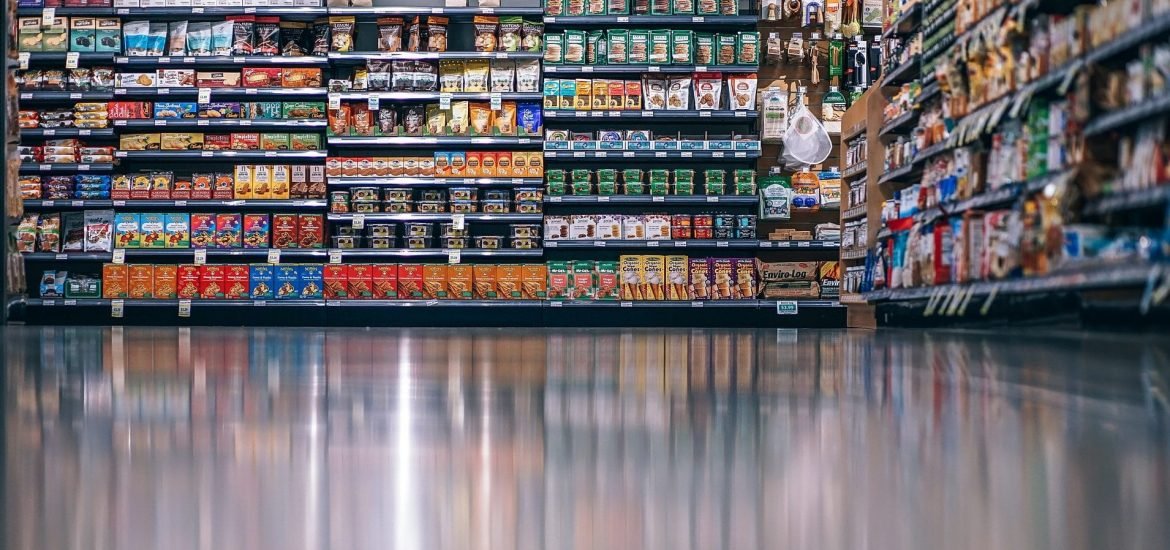
Following complaints from central and eastern European member states, the European Commission announced on Wednesday that it would ban “dual quality food” in the European Union.
Brands including Coca-Cola, Pepsi, Lidl, Spar, Ferrero Rocher, Persil and HiPP baby food have been accused of selling lower quality products in eastern countries despite having identical branding and packaging to those sold in western Europe. The companies have refuted such claims.
Next month, EU countries will be able to put multinational brands to the test. The Commission will provide member states with a methodology to test food products and identify those with different ratios of ingredients.
EU Justice and Consumers Commissioner Věra Jourová told Euractiv that the Commission’s research centre would prepare a methodology on detergents, which some studies have shown to be of lower quality in central and eastern Europe, once the foodstuffs methodology is completed.
The legislation has met some resistance from industry and western European governments. Jourová told The Guardian she faced opposition partially because some companies and western EU members misunderstood the directive and thought the EU was trying to harmonise foodstuffs.
“We are not dictating tastes,” said Jourová. “I am not touching Danish herrings, I am not touching Czech sausages. If there exists a brand that is marketed in many member states, there is legitimate expectation that the brand will contain the same thing, and it doesn’t in cases.”
Officials from countries including Bulgaria, Czech Republic, Hungary and Slovakia have complained for years that brands were selling their citizens lower quality and less nutritious products than those made available in western markets. But companies have said the variation in their products from one country to another is due to different local tastes rather than a desire to cut costs.
“The cans are the same design and the same colour but if you look at the table of contents, everything is stated clearly there,” Michael Ravn, spokesman for Tulip Food Company, told the Financial Times in September. “It is not dual content but an entirely different product,” added Ravn.
Under the new directive, products bearing the same branding but containing different ratios of ingredients “will only be allowed on sale if the food company can prove that the taste preferences in one part of Europe differ from those in another area, according to The Guardian.
Czech MEP Olga Sehnalová welcomed the move, but cautioned, “It’s just one step on a rather long journey,” according to Radio Prague.
Central and eastern European governments have demanded legislation explicitly outlawing the practice of selling the same product with different ingredients, which Jourová said has now been drafted.
Speaking at a press conference, Jourová said, “We will step up the fight against dual food quality. We have amended the Unfair Commercial Practice Directive to make it black and white that dual food quality is forbidden.”
“This will give the national authorities the tool they have asked for to end this practice,” she added. “As President Juncker said last September, there cannot be second-class citizens in the EU.”